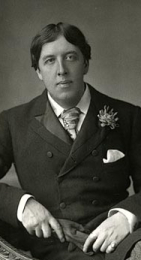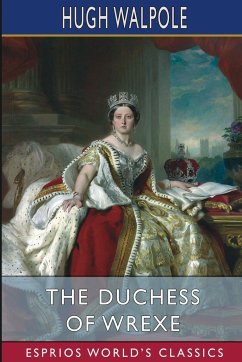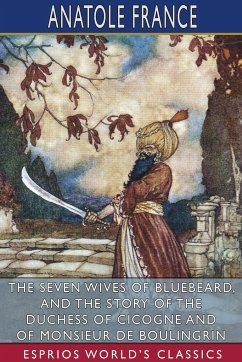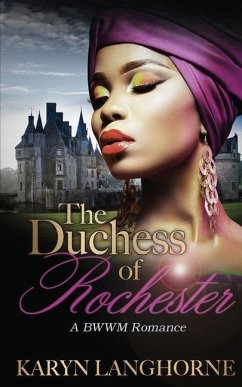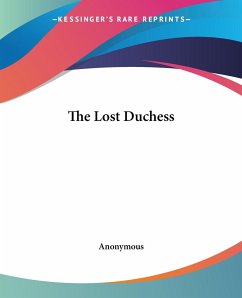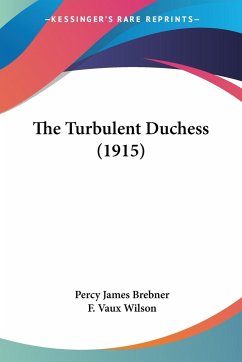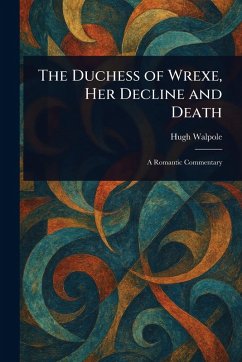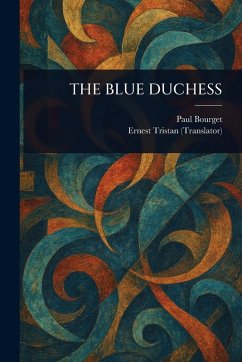Nicht lieferbar
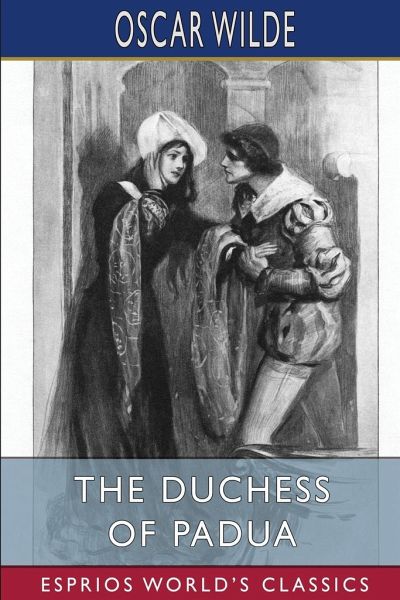
The Duchess of Padua (Esprios Classics)
A Play
Versandkostenfrei!
Nicht lieferbar
The Duchess of Padua is a play by Oscar Wilde. It is a five-act tragedy set in Padua and written in blank verse. It was written for the actress Mary Anderson in early 1883 while in Paris. After she turned it down, it was abandoned until its first performance at the Broadway Theatre in New York City under the title Guido Ferranti on 26 January 1891, where it ran for three weeks. It has been rarely revived or studied. Wilde first mentioned the possibility of writing a five-act blank verse tragedy in the Biograph in 1880, originally to be entitled The Duchess of Florence. Wilde was strongly influ...
The Duchess of Padua is a play by Oscar Wilde. It is a five-act tragedy set in Padua and written in blank verse. It was written for the actress Mary Anderson in early 1883 while in Paris. After she turned it down, it was abandoned until its first performance at the Broadway Theatre in New York City under the title Guido Ferranti on 26 January 1891, where it ran for three weeks. It has been rarely revived or studied. Wilde first mentioned the possibility of writing a five-act blank verse tragedy in the Biograph in 1880, originally to be entitled The Duchess of Florence. Wilde was strongly influenced by Lucrezia Borgia (1833) and Angelo, Tyrant of Padua (1835), two Italian-set historical plays by Victor Hugo.




